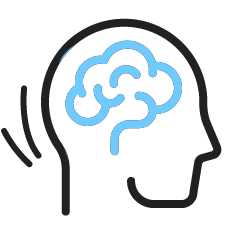Recent studies reveal that more than 64 million gabapentin prescriptions were filled in the United States in 2016, showing how widely this drug is used. As dependence on gabapentin grows, many people face challenges during detox, making it crucial to understand withdrawal symptoms and how to manage them properly.
Gabapentin detox can lead to symptoms like anxiety, trouble sleeping, and restlessness, making it challenging without the right support. Recognizing these withdrawal effects and getting the right treatment are key to a safer and easier recovery.




